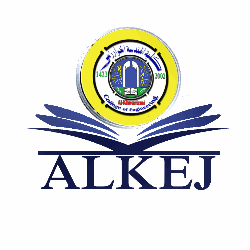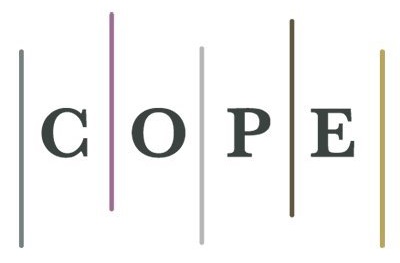Study the Effect of Residence Time Parameters on Thermal Cracking Extract Phase Lubricating Oil
DOI:
https://doi.org/10.22153/kej.2019.06.008Abstract
This work studies with produce of light fuel fractions of gasoline, kerosene and gas oil from treatment of residual matter that will be obtained from the solvent extraction process as by product from refined lubricate to improve oil viscosity index in any petroleum refinery. The percentage of this byproduct is approximately 10% according to all feed (crude oil) in the petroleum refinery process. The objective of this research is to study the effect of the residence time parameter on the thermal cracking process of the byproduct feed at a constant temperature, (400 °C). The first step of this treatment is the thermal cracking of this byproduct material by a constructed batch reactor occupied with control device at a selective range of residence time (duration of the reaction) 30, 45, 60 and 75 minutes respectively at a constant temperature (400 °C). The conversion of this byproduct by thermal cracking process reaches 90% for all these residence times. The second step for this study is distillation this cracked extract liquid by atmospheric distillation device, for these various residence times according to the ASTM-D86 method, to obtain light fuel fractions of gasoline, kerosene and gas oil,in volume percentages 15, 75 and 0 for residence time 30, 5, 60 and 25, for residence time 45, 5, 10, 75, for residence time 60 and (10, 60 and 20) for residence time 75, which separates according to its boiling point. The major physical and chemical properties for feed (extract phase) and cracking extract liquid with its light fuel fractions were experimentally calculated and the results refer to acceptable properties compared with other standard property.
(Received 12 February 2019; accepted 11 June 2019)
Downloads
References
Alkilani.A. Haitham M. S. Taher A. AL-Sahhaf "fundamental of petroleum refining", Elsevier B. V. (2010)
Pillion L. Z, interfacial properties of petroleum products, by Tayler & Francis Group, LLC, (2005).
Gary, J. H., and Handwerk, G. H. Petroleum Refining Technology and Economics. 4th ed. Marcel Dekker, New York. (2001).
Alan G. Lucas "Modern Petroleum Technology", Vol.2 Downstream New York (2001).
Bhaskara Rao B.K. "Modern Petroleum Refining Processes" 4th ed. Indian Institute of Technology. (2004)
Speight, J.G. "The Chemistry and Technology of Petroleum,",3rd ed. Marcel Dekker, New York (1999).
Levenspiel, O., "Chemical reaction engineering" John Wiley and Sons Inc.3ed (1999).
Speight, J.G. "Hand book of petroleum product analysis", USA. (2002)
Lappas, A. 2nd European summer school on renewable motor fuels Warsaw, Poland (2007).
Salvatore J. Rand Significance of tests for petroleum products, seventh edition, USA, (2003)
Surinder Parkash "Petroleum fuels manufacturing Hand Book" The MC Graw –Hill companies. (2016).
Downloads
Published
Issue
Section
License
Copyright: Open Access authors retain the copyrights of their papers, and all open access articles are distributed under the terms of the Creative Commons Attribution License, which permits unrestricted use, distribution and reproduction in any medium, provided that the original work is properly cited. The use of general descriptive names, trade names, trademarks, and so forth in this publication, even if not specifically identified, does not imply that these names are not protected by the relevant laws and regulations. While the advice and information in this journal are believed to be true and accurate on the date of its going to press, neither the authors, the editors, nor the publisher can accept any legal responsibility for any errors or omissions that may be made. The publisher makes no warranty, express or implied, with respect to the material contained herein.








